Table of Contents
You know that moment when the urge hits — the itch to check their Instagram, send “just one” text, or scroll through old photos? It feels almost physical, like a craving you can’t shake. And if you cave, the crash comes right after: shame, regret, starting over from day one.
Healing from a breakup isn’t linear; it’s messy, with relapses hiding around every corner. But here’s the truth: you don’t have to white-knuckle it alone. An accountability buddy breakup recovery plan — with someone checking in weekly — can be the difference between spiraling and moving forward.
Why accountability reduces relapse, cravings, and emotional crashes
When your brain is caught in breakup withdrawal, isolation makes everything harder. Left alone, it’s easy to rationalize reaching out to your ex: “It’s just one text” or “I need closure.”
Accountability interrupts that loop. Research from recovery coaching and peer mentorship shows that people with structured support relapse less, stick to their goals more, and feel more capable of handling stress.
Applied here, having a buddy who knows your healing boundaries — like your commitment to no contact — creates both external and internal reinforcement. You’re not fighting this battle in the dark. Someone else is rooting for you, and that reminder can steady your hand when the craving hits.

What makes an accountability buddy effective?
Not everyone makes a good accountability partner. A buddy should be someone you trust — someone who won’t secretly side with your ex or feed the drama.
The best accountability buddy is non-judgmental, reliable, and willing to hold the line when you wobble.
- Can commit to regular check-ins (not just when it’s convenient)
- Stays neutral about your ex — no tangled loyalties
- Supports you without enabling relapse behaviors
- Reminds you of your bigger healing goals when you lose sight of them
With the right person, accountability feels like a safety net, not a leash.

No Contact Isn’t a Game – It’s a Healing Strategy
Let’s examine the No Contact strategy in: Science & Psychology, Planning it, Digital Hygiene, Relapses-Cravings & Crashes, Special Cases & Exceptions… and Signs that it’s working +What comes next.
Tap here to read more →How often and in what format should check-ins happen?
Here’s where structure comes in. Studies on recovery mentorship suggest that weekly check-ins strike the best balance: enough to keep you grounded, not so frequent that you become dependent.
A week gives you time to practice coping strategies, while the upcoming check-in provides a steady anchor point. The format is flexible — phone call, text, coffee, video chat — but the rhythm matters more than the medium.
Guiding questions for weekly check-ins:
- Did you keep your no-contact boundary?
- What cravings came up, and how did you handle them?
- What felt hardest? What felt easier than last week?
This rhythm doesn’t just track your healing — it builds it. Each check-in becomes a quiet victory, proof that you’re still moving forward.

Healing after a breakup isn’t about pretending you’re invincible. It’s about building scaffolding strong enough to hold you when you feel shaky.
An accountability buddy breakup recovery system with clear criteria, weekly check-ins, and steady presence turns the unpredictable waves of grief into something more navigable. You’re still the one walking forward, but you’ve got someone steadying the lantern beside you, making sure you don’t stumble back into the dark.
FAQ
Q1. What is an accountability buddy in breakup recovery?
An accountability buddy is a trusted friend or support partner who helps you stay committed to your healing goals after a breakup. They check in regularly, provide encouragement, and remind you of your boundaries, such as sticking to no contact.
Q2. How often should I check in with my accountability buddy?
Weekly check-ins are the most effective balance. They give you enough time to make progress while keeping you anchored. The consistency of weekly rhythm helps prevent relapse or emotional crashes.
Q3. What makes someone a good accountability buddy for breakup recovery?
The best accountability buddy is reliable, non-judgmental, and neutral about your ex. They should commit to regular check-ins, offer encouragement without enabling relapse behaviors, and hold you accountable to your no-contact boundary.
Q4. How does an accountability buddy breakup recovery plan help with cravings and relapse?
Having an accountability buddy reduces isolation and interrupts relapse cycles. Knowing someone will ask about your progress makes you more likely to resist cravings, avoid impulsive contact with your ex, and stay on track with your healing journey.
Scientific Sources
-
Kang, K. Im et al. (2022): Roles and Effects of Peer Recovery Coach Intervention in Substance Use Recovery
Key Finding: Participants who engaged with a peer recovery coach showed reduced substance use, higher treatment adherence, improved self-efficacy, better quality of life, and better stress control.
Why Relevant: Peer recovery coaching is a form of accountability and structured check-in; this shows that having someone in recovery who reliably checks in and supports you can reduce relapse risk and strengthen outcomes.
https://www.sciencedirect.com/science/article/pii/S1976131722000494 -
Eddie, D. et al. (2019): Lived Experience in New Models of Care for Substance Use: Peer-led Groups and Weekly Peer Mentorship in Veterans with SUD and Psychiatric Comorbidity
Key Finding: Veterans in weekly peer mentorship + peer-led groups had significantly better attendance to outpatient treatment and higher engagement compared to treatment as usual.
Why Relevant: Weekly check-ins via peer mentors + groups constitute a structured accountability format; higher engagement and follow-through is a key mechanism in preventing relapse.
https://www.frontiersin.org/articles/10.3389/fpsyg.2019.01052/full -
Lookatch, S. J. et al. (2019): Effects of social support and 12-Step involvement on substance use and treatment outcomes
Key Finding: Individuals with stronger social support networks and 12-Step involvement stayed in treatment longer and had better recovery outcomes (lower relapse).
Why Relevant: Social support, which includes accountability buddies or groups, reduces isolation, reinforces healing, and lowers relapse risk.
https://www.ncbi.nlm.nih.gov/pmc/articles/PMC6803054/
- Proven Healing: How an Accountability Buddy Transforms Breakup Recovery with Weekly Check-ins
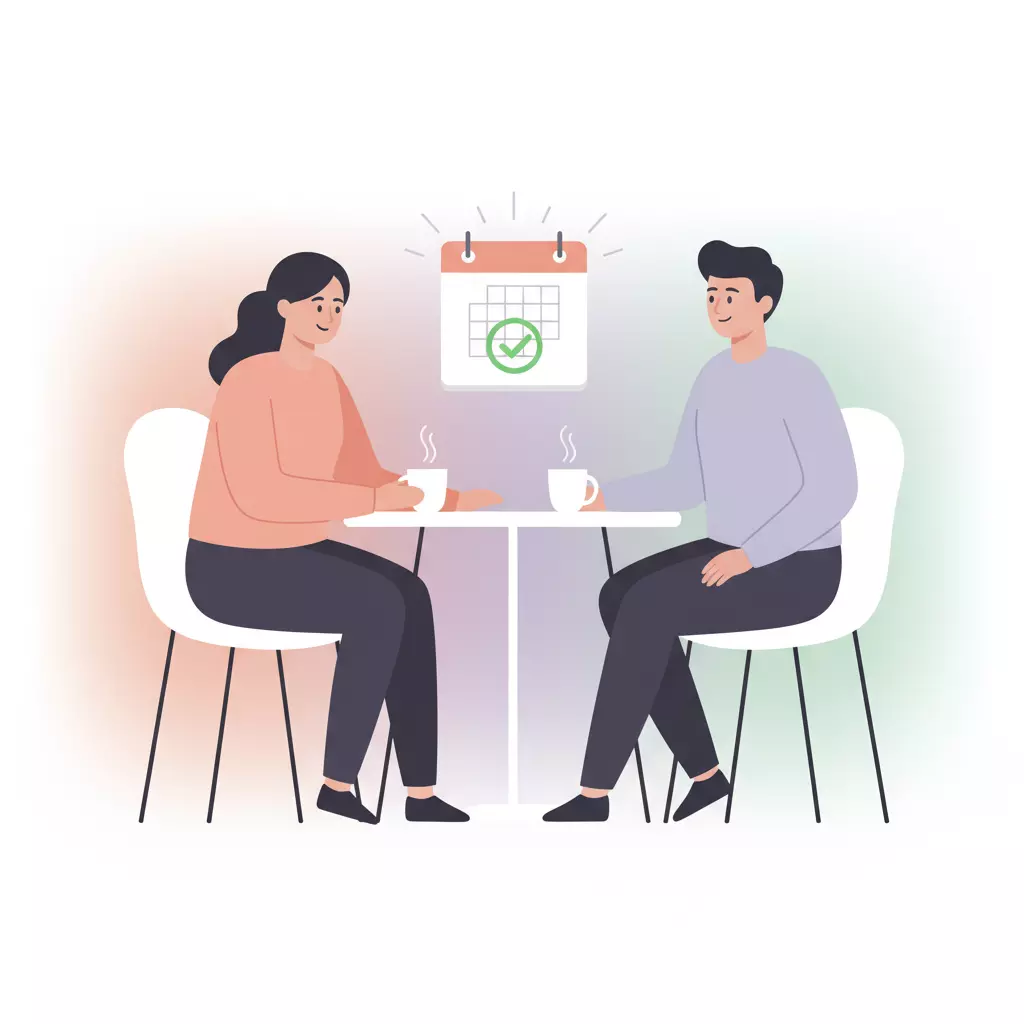
- Breakup Anniversary Survival Guide: Heal, Prevent Relapse & Move Forward
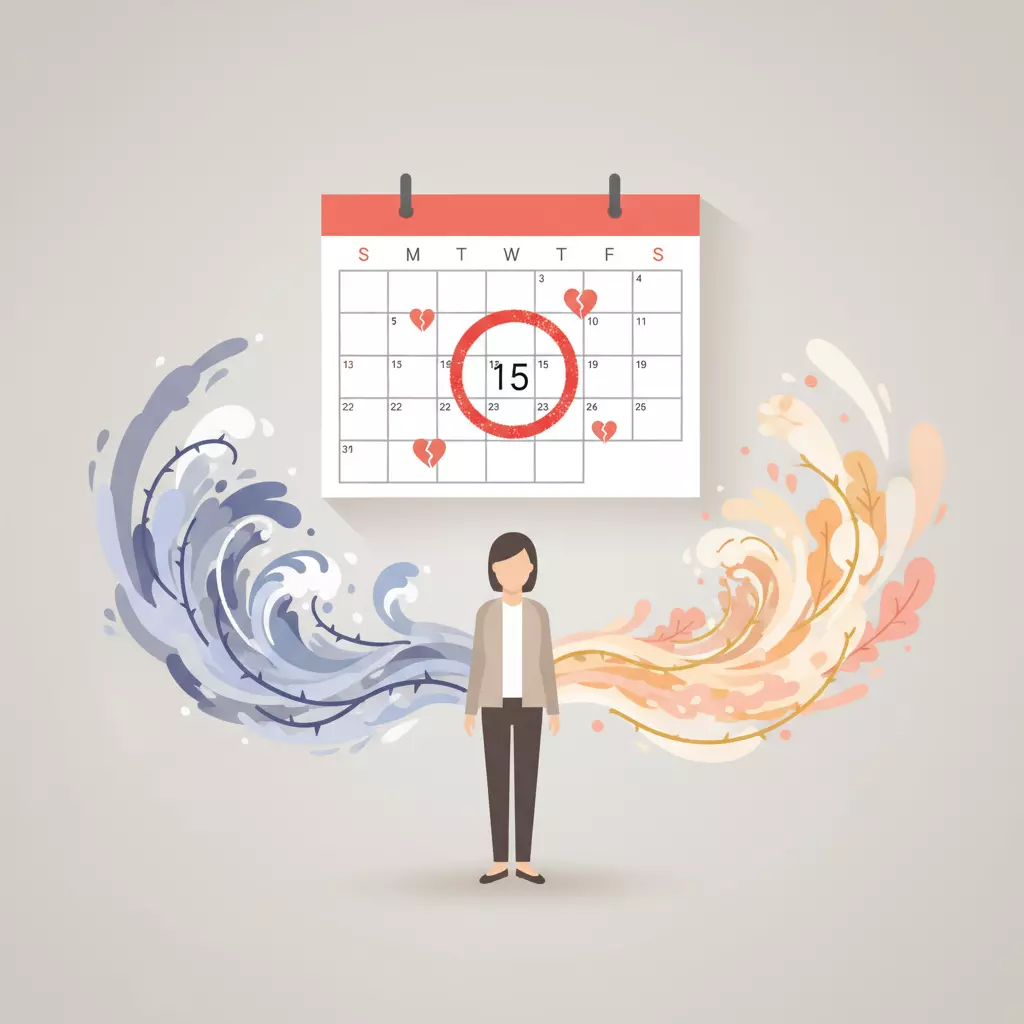
- Slip-Up Repair Plan: How to Recover After No Contact Relapse Without Shame

- Queer Breakup Relapse Recovery: Protect Your Nervous System & Keep Your Streak Strong
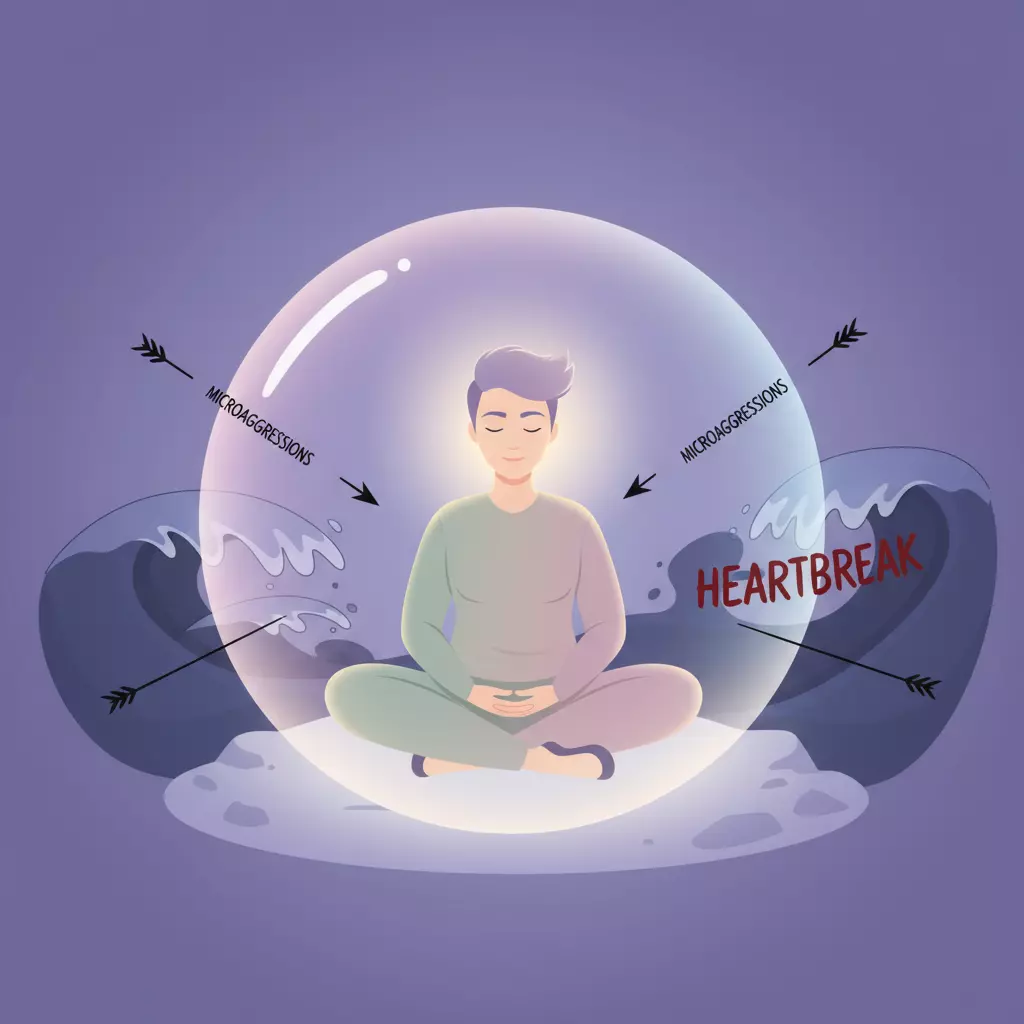
- Transgender Grounding Techniques: Powerful Ways to Ease Dysphoria & Healthcare Stress
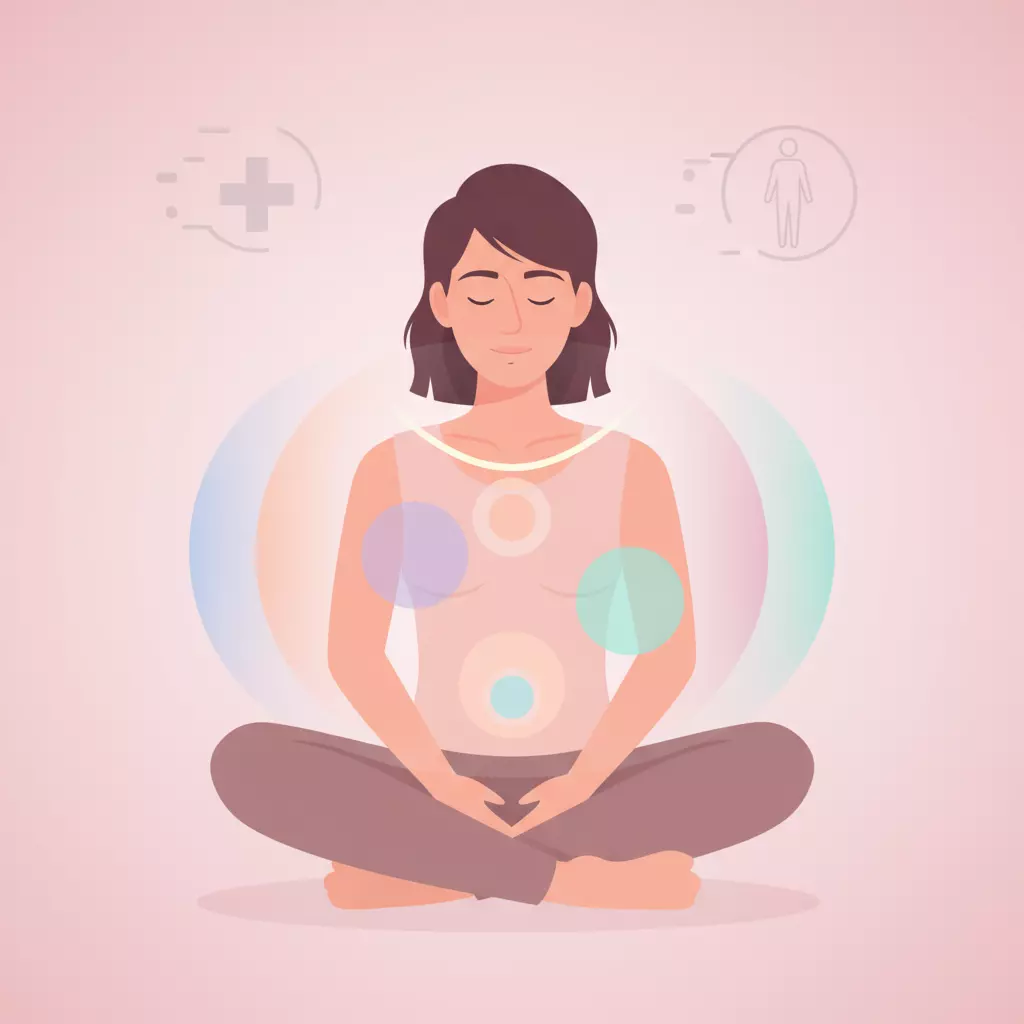
- Chosen Family Support for Lesbian Women: Powerful Healing Without Looping the Story

- Gay Men Jealousy Reset: Fast Ways to Calm Spikes After Seeing Your Ex

- Women & Nighttime Rumination: 5 Powerful Steps to Heal and Sleep Better
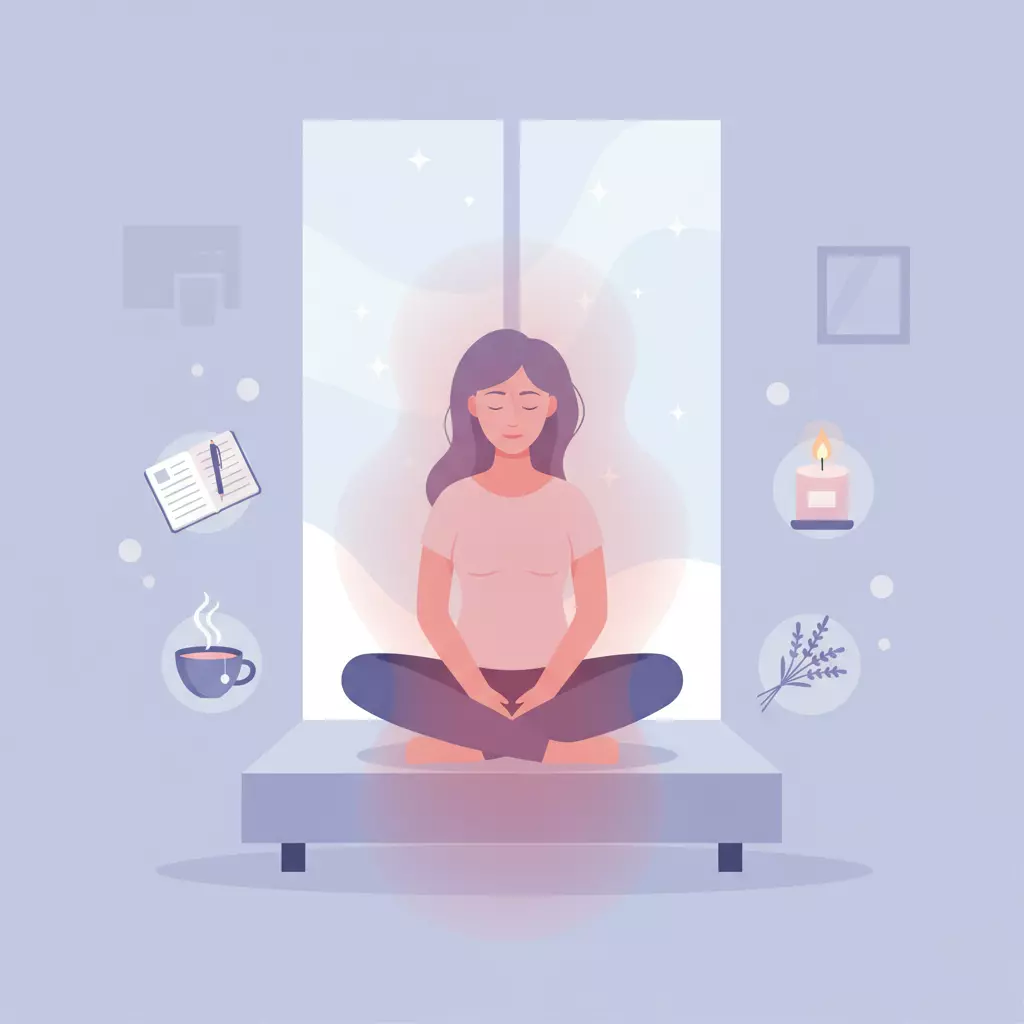
- Men & the Delayed Grief Spike: A Powerful 60-Minute Healing Protocol

Leave a Reply